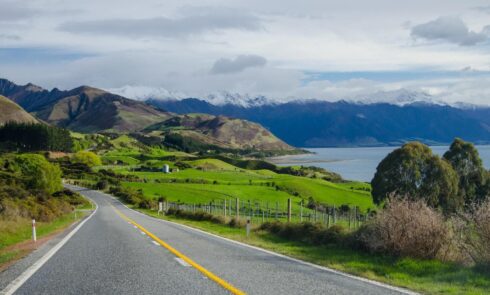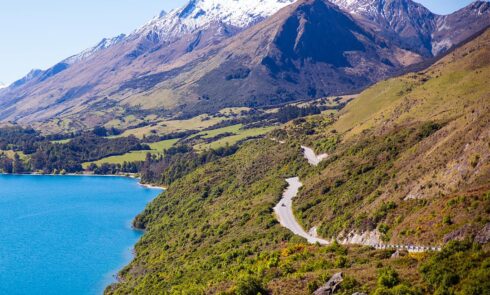Ecotourism is short for eco-tourism. New Zealand is a magical land of amazing landscapes, full of amazing wildlife. While ecotourism in New Zealand caters to travelers, it is also essential to ensuring that our environment remains in good sustainable condition.
The International Society for Ecotourism defines ecotourism as “responsible travel in natural areas that preserves the environment and improves the well-being of local people.”
As global industries, tourism and travel have a profound impact on the environment and culture of the world. Fragile natural resources, such as forests, can be damaged or depleted due to large numbers of visitors or irresponsible use. Animal habitats can be destroyed by visitors and ecosystems changed forever.
New Zealand has a large farming community, and it is commonly joked that there are 10 sheep for every person. Farm tours give tourists the opportunity to meet farmers face to face and get their hands dirty on a real farm. In many other parts of the world, this is not an option.
Take a tour of a fully functional New Zealand farm and experience real-life activities on a working farm. See what happens on a daily basis and, if you want, participate in common tasks such as milking a dairy cow, feeding cubs, watching sheep being sheared and dogs being herded. Be sure to go in the spring (September to November) if you want to see and feed the baby animals.
Other farming activities you can participate in are horseback riding, possum or rabbit shooting, or bushwalking.
Types of farms in New Zealand:
- Sheep;
- Cattle/dairy;
- Deer;
- Alpaca;
- Llama;
- ostrich;
- pig;
- fish;
- Vegetables;
- fruit;
- grain;
- And much, much more…


